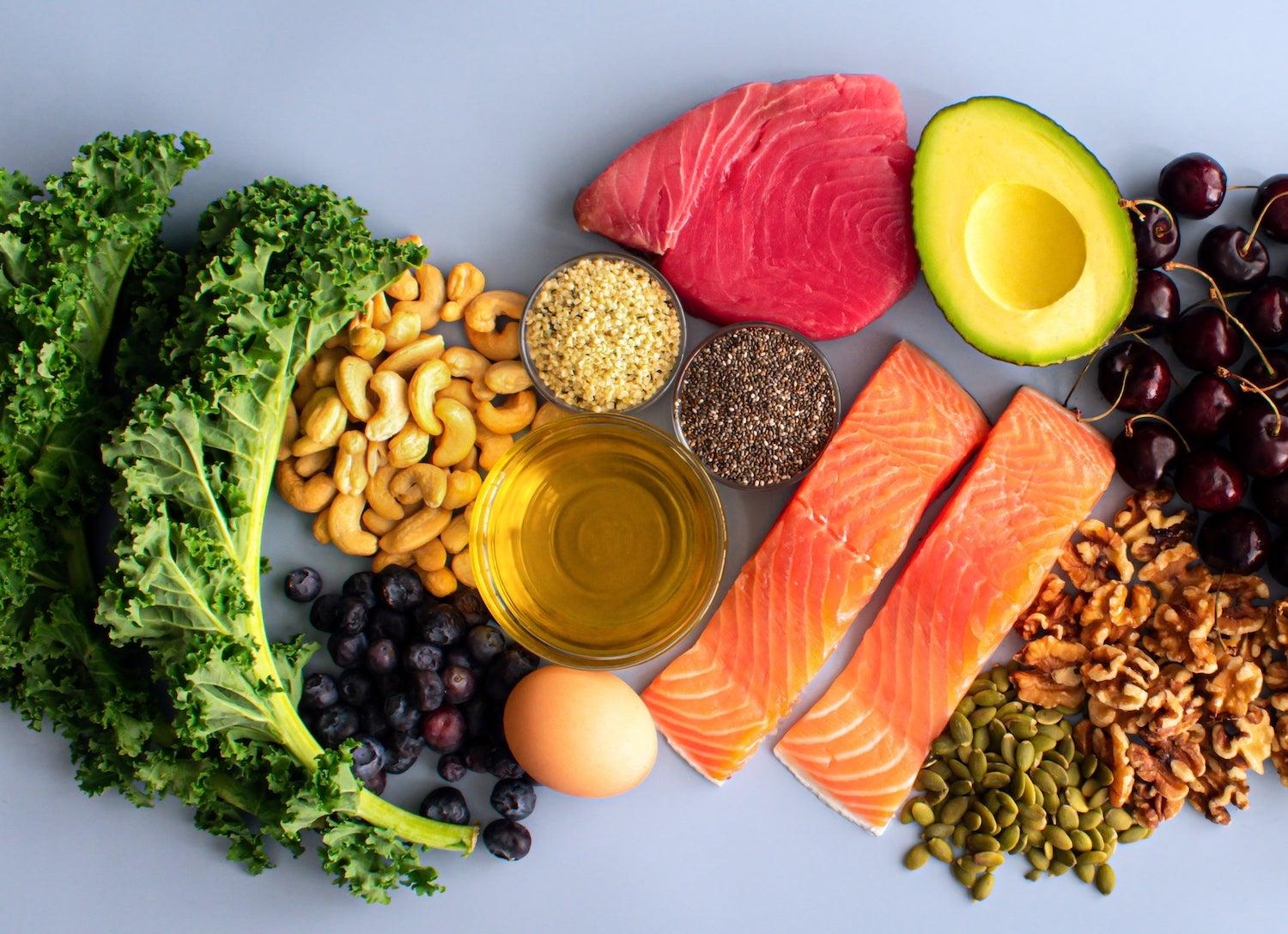In the serene embrace of a yoga studio, where the gentle hum of mindful breathing harmonizes with the stretch and flow of asanas, a curious question lingers in the air: Can yoga, in all its transformative glory, stand alone without the guiding hand of a complementary diet? As practitioners seek balance and harmony within their bodies and minds, the interplay between yoga and diet emerges as a tantalizing dance of wellness. This article delves into the heart of this intricate relationship, exploring whether the ancient practice of yoga can truly flourish without the support of nutritional mindfulness, or if the two are inextricably linked in the pursuit of holistic health. Through the lens of science, tradition, and personal experience, we embark on a journey to uncover the potential of yoga as a solitary beacon of well-being.
Exploring the Intersection of Yoga Practice and Nutritional Habits
While yoga is a holistic practice that emphasizes the unity of body and mind, the role of diet in enhancing its benefits cannot be overlooked. The philosophy behind yoga often extends beyond the mat, promoting a lifestyle that nurtures overall well-being. This raises the question: can one truly experience the full spectrum of yoga’s benefits without aligning their nutritional habits? Yoga, by its nature, encourages mindfulness, which can extend into our eating habits. A diet rich in whole foods, vibrant vegetables, and lean proteins may not be a requirement, but it can certainly enhance the physical and mental gains from yoga.
- Energy Levels: A balanced diet provides the energy needed to sustain a consistent yoga practice.
- Mindfulness: Mindful eating complements yoga’s focus on awareness and presence.
- Recovery: Nutrient-dense foods aid in muscle recovery, reducing fatigue and injury.
- Focus: Certain foods can improve mental clarity, which is crucial for meditative practices.
Ultimately, while yoga can indeed be effective as a standalone practice, integrating it with thoughtful nutritional habits can amplify its transformative effects, leading to a more harmonious lifestyle.

Understanding the Role of Diet in Enhancing Yoga Benefits
While yoga is often celebrated for its transformative physical and mental benefits, the role of diet in amplifying these effects is frequently understated. A well-rounded diet can serve as a powerful catalyst, enhancing flexibility, boosting energy levels, and even sharpening mental focus. Imagine your body as a finely tuned instrument; the right nutrients are the strings that harmonize your practice, enabling you to strike the perfect chord between mind and body.
- Improved Flexibility: Nutrient-rich foods like leafy greens and berries provide essential vitamins and minerals that support joint health and muscle elasticity.
- Enhanced Energy Levels: Incorporating whole grains and proteins can sustain energy, allowing you to maintain stamina throughout your practice.
- Mental Clarity: Omega-3 fatty acids found in fish and nuts can improve concentration, making meditation and mindfulness exercises more effective.
By consciously aligning your dietary choices with your yoga routine, you create a holistic synergy that not only nurtures your body but also deepens your practice. While yoga can stand alone as a transformative practice, the right diet can act as a silent partner, enriching the experience in subtle yet profound ways.

Practical Tips for Integrating Yoga into Your Lifestyle Without Dietary Changes
Yoga offers a multitude of benefits that can be seamlessly integrated into your daily routine, even if you’re not ready to make dietary changes. Here are some practical tips to help you incorporate yoga into your lifestyle:
- Start Small: Begin with short sessions that fit easily into your schedule. Even ten minutes a day can make a difference in your flexibility and mental clarity.
- Designate a Space: Create a calm, dedicated area in your home where you can practice. This will help you stay consistent and focused, creating a sanctuary for your practice.
- Use Online Resources: Take advantage of online classes or tutorials. These resources can provide guidance and variety, ensuring you stay engaged without needing to step outside your comfort zone.
- Listen to Your Body: Pay attention to how your body responds to different poses and sequences. Adjust your practice to accommodate your needs, promoting a personalized approach to wellness.
- Set Realistic Goals: Establish achievable objectives to keep yourself motivated. Whether it’s mastering a specific pose or committing to a certain number of sessions per week, clear goals can enhance your yoga journey.
By integrating these strategies, you can enjoy the holistic benefits of yoga, focusing on physical and mental well-being, all without the pressure of altering your diet.
Expert Opinions on Achieving Balance Between Yoga and Nutrition
In the pursuit of holistic wellness, the synergy between yoga and nutrition is often emphasized by health professionals. Yoga instructors and nutritionists alike highlight that while yoga enhances flexibility, mental clarity, and strength, a balanced diet fuels the body, providing essential nutrients that support these physical and mental benefits. Without adequate nutrition, the effectiveness of yoga might be compromised, as the body needs energy and nutrients to repair and grow.
Several experts propose integrating mindful eating practices into one’s lifestyle to complement yoga. They suggest focusing on:
- Whole foods: Emphasizing fruits, vegetables, and whole grains that offer sustained energy.
- Hydration: Drinking plenty of water to maintain energy levels and facilitate muscle recovery.
- Mindful eating: Being aware of the body’s hunger cues and savoring meals to enhance digestion.
By harmonizing yoga practices with a thoughtful approach to diet, individuals can potentially maximize the benefits of both disciplines, fostering a more balanced and fulfilling lifestyle.

